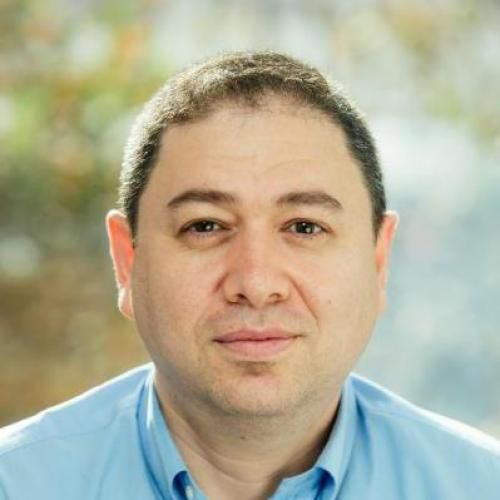Overview
Kantor Lab, the Duke University Viral Vector Core, facilitates the use of virus-mediated tools for gene transfer by investigators across diverse fields of study such as systems neuroscience, stem cell biology, metabolism, aging, cancer biology and others. Services are open to researchers within the Duke University Medical Center, Duke University, as well as outside investigators, worldwide.
Current Appointments & Affiliations
Research Professor of Neurobiology
·
2023 - Present
Neurobiology,
Basic Science Departments
Faculty Network Member of the Duke Institute for Brain Sciences
·
2019 - Present
Duke Institute for Brain Sciences,
University Institutes and Centers
Education, Training & Certifications
The Hebrew University of Jerusalem (Israel) ·
2005
Ph.D.
The Hebrew University of Jerusalem (Israel) ·
1998
M.Sc.
Grodno State Medical University (Republic of Belarus) ·
1995
Ph.D.

